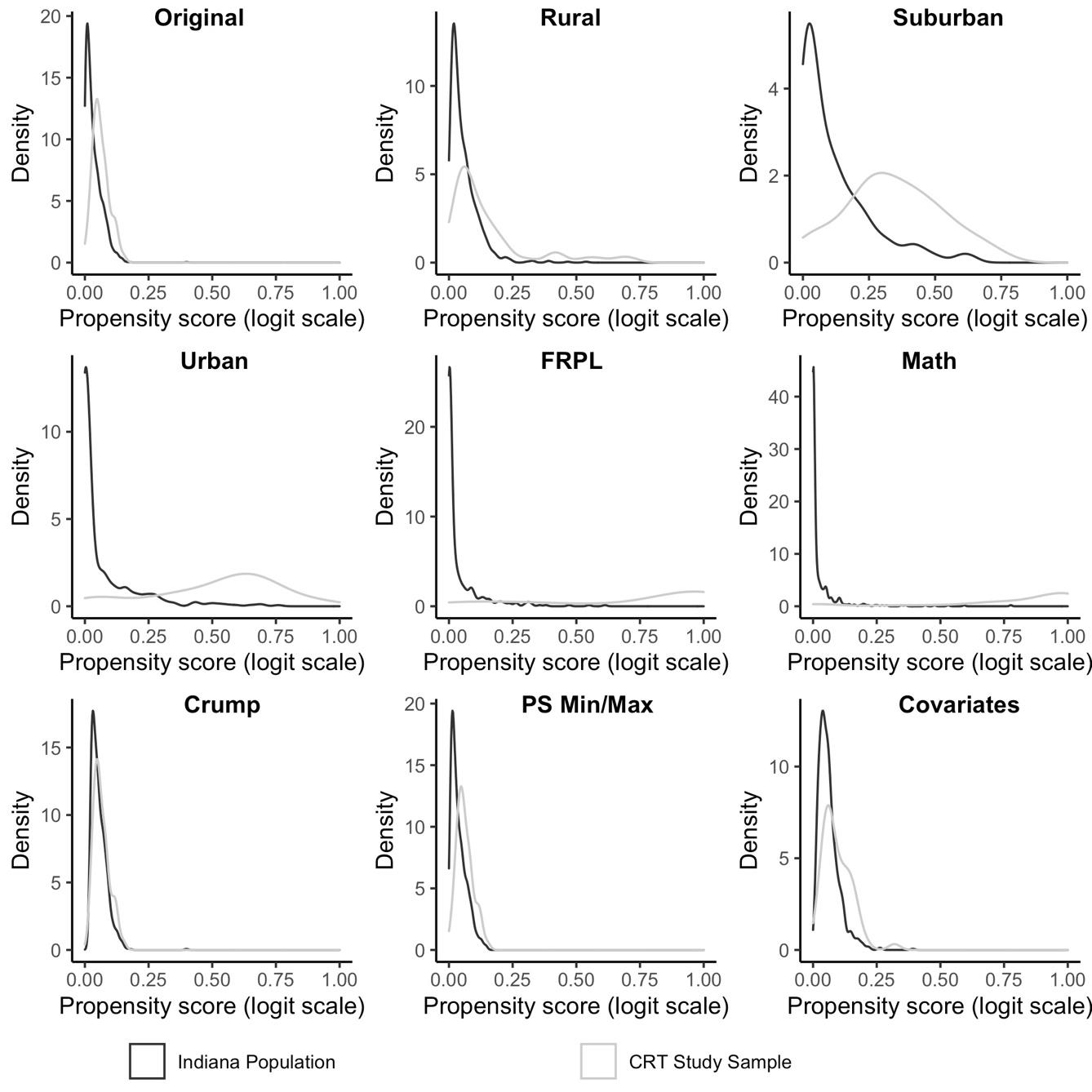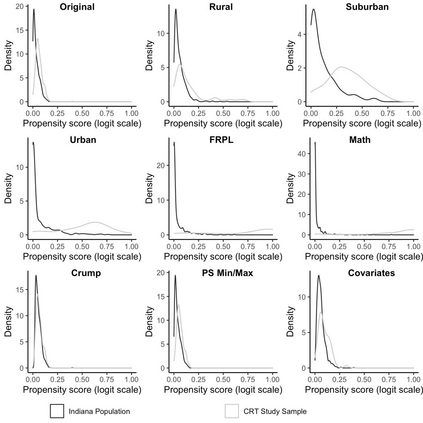With the growth in experimental studies in education, policymakers and practitioners are interested in understanding not only what works, but for whom an intervention works. This interest in the generalizability of a study's findings has benefited from advances in statistical methods that aim to improve generalizations, particularly when the original study sample is not randomly selected. A challenge, however, is that generalizations are frequently based on small study samples. Limited data affects both the precision and bias of treatment impact estimates, calling into question the validity of generalizations. This study explores the extent to which redefining the inference population is a useful tool to improve generalizations from small studies. We discuss two main frameworks for redefining populations and apply the methods to an empirical example based on a completed cluster randomized trial in education. We discuss the implications of various methods to redefine the population and conclude with guidance and some recommendations for practitioners interested in using redefinition.
翻译:随着教育实验研究的增加,决策者和从业者不仅有兴趣了解哪些做法可行,而且干预对哪些人有效。这种对一项研究结论的普遍适用性的兴趣得益于旨在改进一般化的统计方法的进展,特别是在原始研究抽样并非随机选择的情况下。然而,一项挑战是,一般化往往以小型研究样本为基础。有限的数据影响治疗影响估计的准确性和偏向性,使人对一般化的有效性产生疑问。本研究探讨了重新界定推论人口在多大程度上是改进小型研究的概括化的有用工具。我们讨论了重新定义人口的两个主要框架,并根据已完成的集中随机化教育试验,将方法应用于一个经验范例。我们讨论了重新定义人口的各种方法的影响,并在结论中为有兴趣使用重新定义的从业者提供指导和一些建议。






